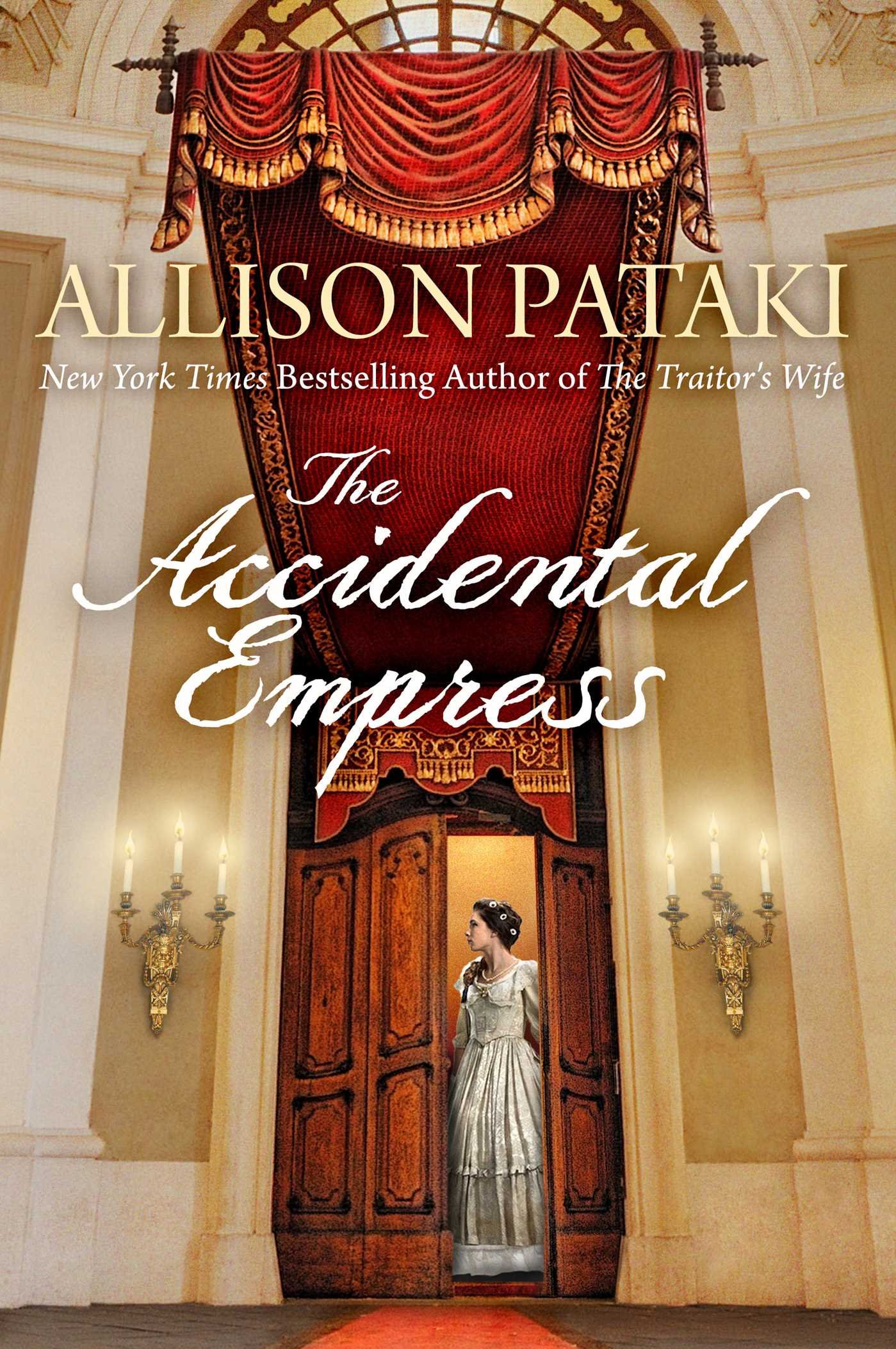For Readers & Book Clubs

The Accidental Empress
TOPICS AND QUESTIONS FOR DISCUSSION
Introduction: When fifteen-year-old Elisabeth, “Sisi,” Duchess of Bavaria, travels to the Habsburg Court with her older sister, she finds herself in an unexpected dilemma: she has inadvertently fallen for and won the heart of her sister’s groom. Emperor Franz Joseph reneges on his earlier proposal and declares his intention to marry Sisi instead. But being thrust onto the throne of Europe’s most treacherous imperial court presents quite a few challenges for the spirited young girl. Sisi upsets political and familial loyalties in her quest to win and keep the love of her emperor, her people, and of the world.
- Though Sisi was often referred to as “The Fairy Queen,” this is not your typical fairy tale, in which a girl falls in love with a prince and the two of them live happily ever after. Could Sisi and Franz Joseph have had a happy marriage? Why or why not? How does Pataki’s novel take up the notion of “happily ever after” as it relates to the lives and marriages of the novel’s characters?
- When Sophie learns of her son’s intention to marry Sisi, the archduchess has this to say: “She is not fit. It is as simple as that. She is too young—a child really, too giddy. Unable to fulfill the role and all of its obligations.” What was it about Sisi that made her, in Sophie’s eyes, “not fit” for the role of empress and wife? Was Sophie at all correct? Why did Sophie prefer that her son marry Helene?
- As eager as she is to marry Franz Joseph, Sisi quickly becomes overwhelmed and intimidated by the amount of work that goes into preparing for her new role as empress. How would you feel in Sisi’s situation? Would you be excited to undergo such an extreme transformation?
- On their wedding day, Franz Joseph turns to Sisi and says: “Repräsentazions-pflicht. Keeping up the front. That’s what this is. We play our roles today.” In what ways does Sisi resist this requirement of life at the Habsburg Court? Why does this job requirement bother Franz Joseph less? Would Sisi’s life have been easier if she had just accepted “how things are done,” as Sophie and Franz Joseph so often urge her to?
- While Sisi bristles at many of the customs and rules of her new life at the Habsburg Court, perhaps nothing upsets her more in her first few days than when she discovers that Sophie has had her red slippers thrown away. Discuss this moment. Why do these “tattered red slippers” matter so much to Sisi? What other moments were difficult for Sisi in her adjustment to life at court?
- Consider the character of Ludovika. What does the duchess’s presence at court mean to Sisi? Discuss the various mother figures in the novel. How does Sisi’s relationship with her mother compare to her relationships with her own daughters?
- What is the most difficult aspect of Sisi’s life as empress?
- Franz Joseph often finds himself in the middle of the conflicts between Sisi and Sophie. How does he do at navigating the tense dynamic? What might he have done differently? Were you in any way sympathetic to Franz Joseph, with the various pressures he shouldered in his roles as emperor, husband, son, and father?
- Sisi feels dislike for Andrássy before she even knows him. How and why does her impression of Andrássy change over the course of the novel? Did your impression of Andrássy change throughout the book?
- Throughout the novel, Pataki has chosen to intersperse the chapters with scenes from the Budapest coronation of 1867. Why did the author choose this final scene, in particular, to intersect the rest of the novel? What did this one moment mean for Sisi as empress? As a wife? As a mother? As an individual?
- Compare Sisi’s relationship to Andrássy with her relationship to Franz Joseph. How are the two men different? In what ways are they similar? How does Sisi behave differently with each of them?
- Sisi grows more and more consumed by her physical appearance as the novel progresses. Discuss this aspect of her personality. Does her beauty regimen become a true obsession, or is it more of a diversion? Does it make Sisi less sympathetic of a character to see her becoming so vain?
- Sisi was an avid horseback rider, considered by many to be the best horsewoman in the world during her lifetime. At one point in the novel Sisi tells Andrássy: “I’ve never found a horse that could run fast enough.” Discuss what riding means to the character of Sisi throughout the novel. Through what other diversions does Sisi escape?
- If you could pick one character from The Accidental Empress with whom to spend a day, which character would it be and why?
- Consider the two epigraphs at the opening of the novel. Why did the author choose those two quotes? What other quotes are significant throughout the novel?
